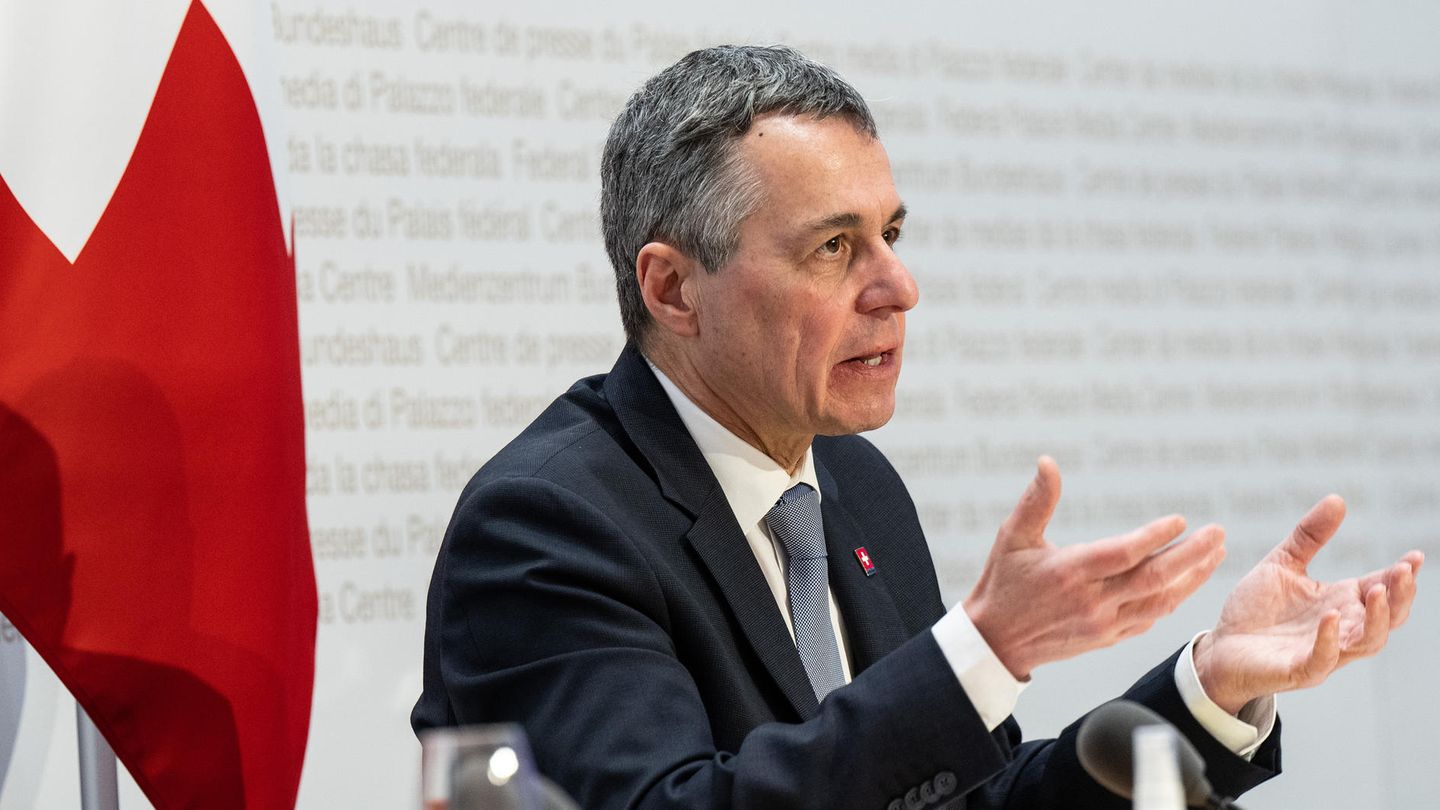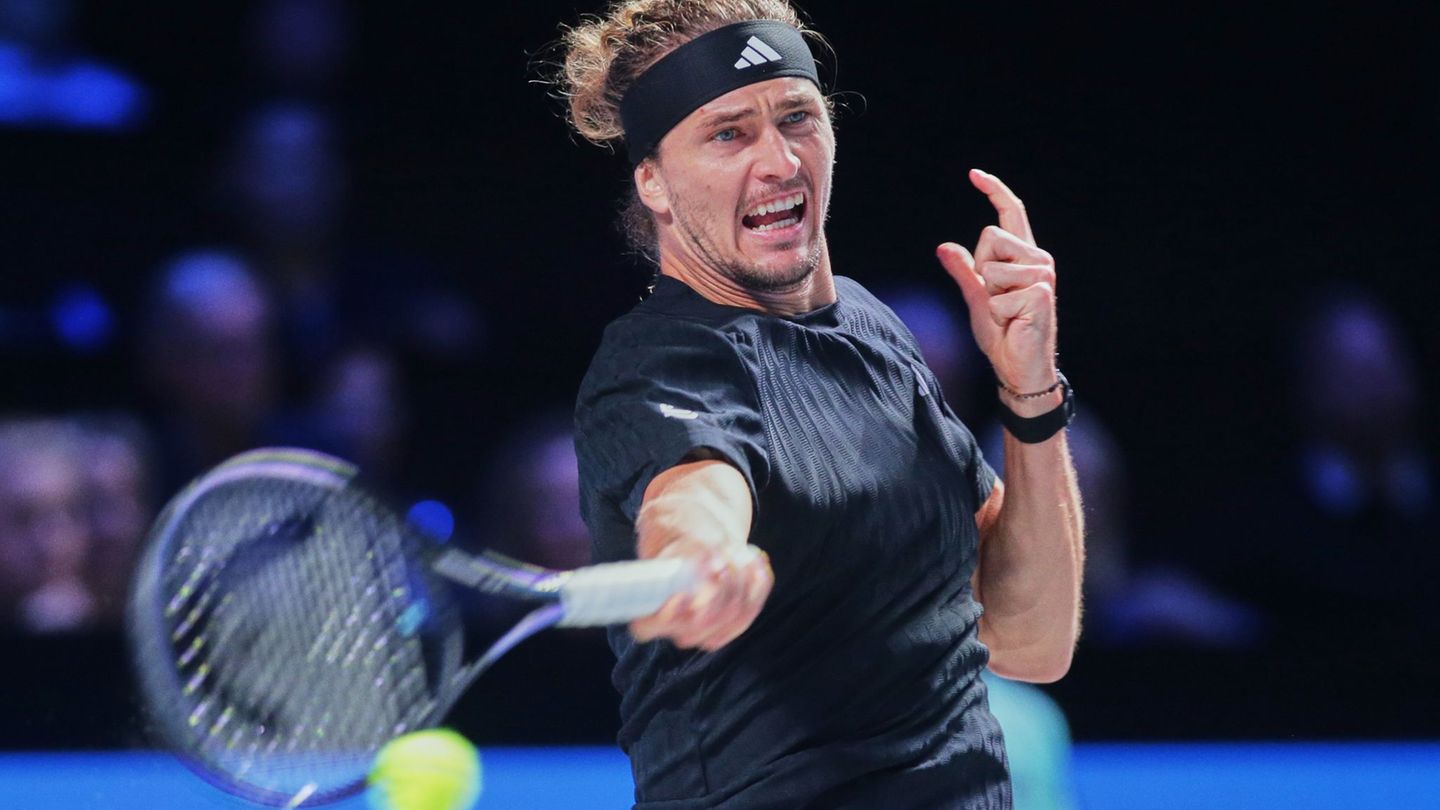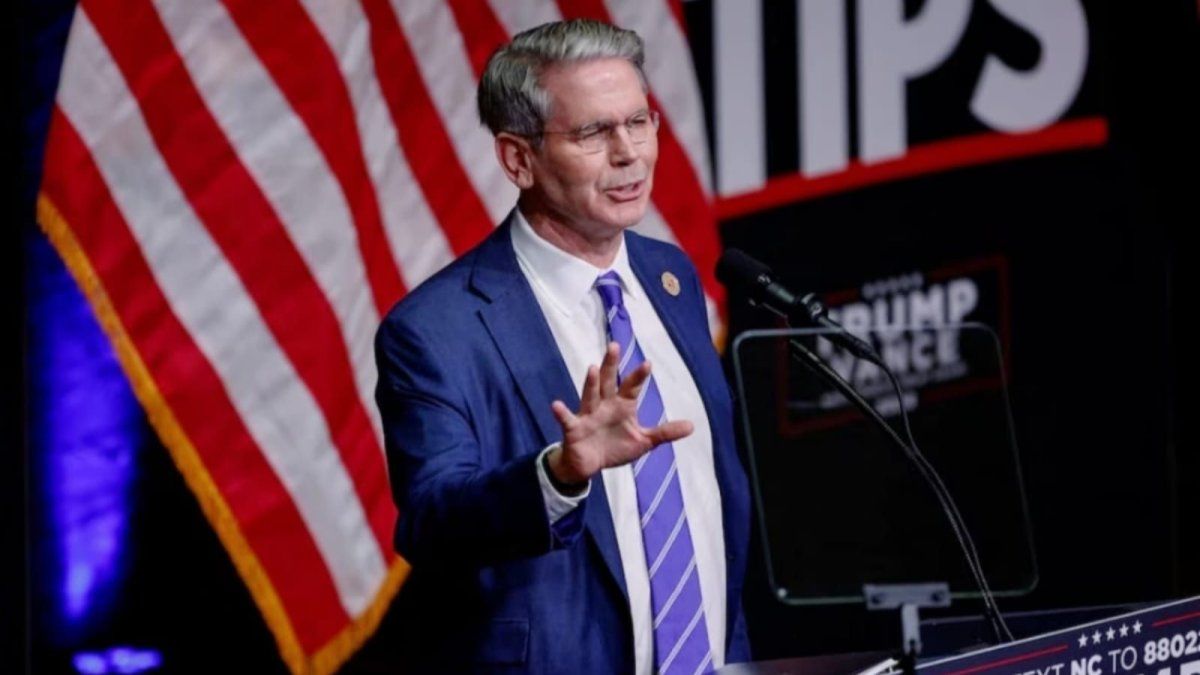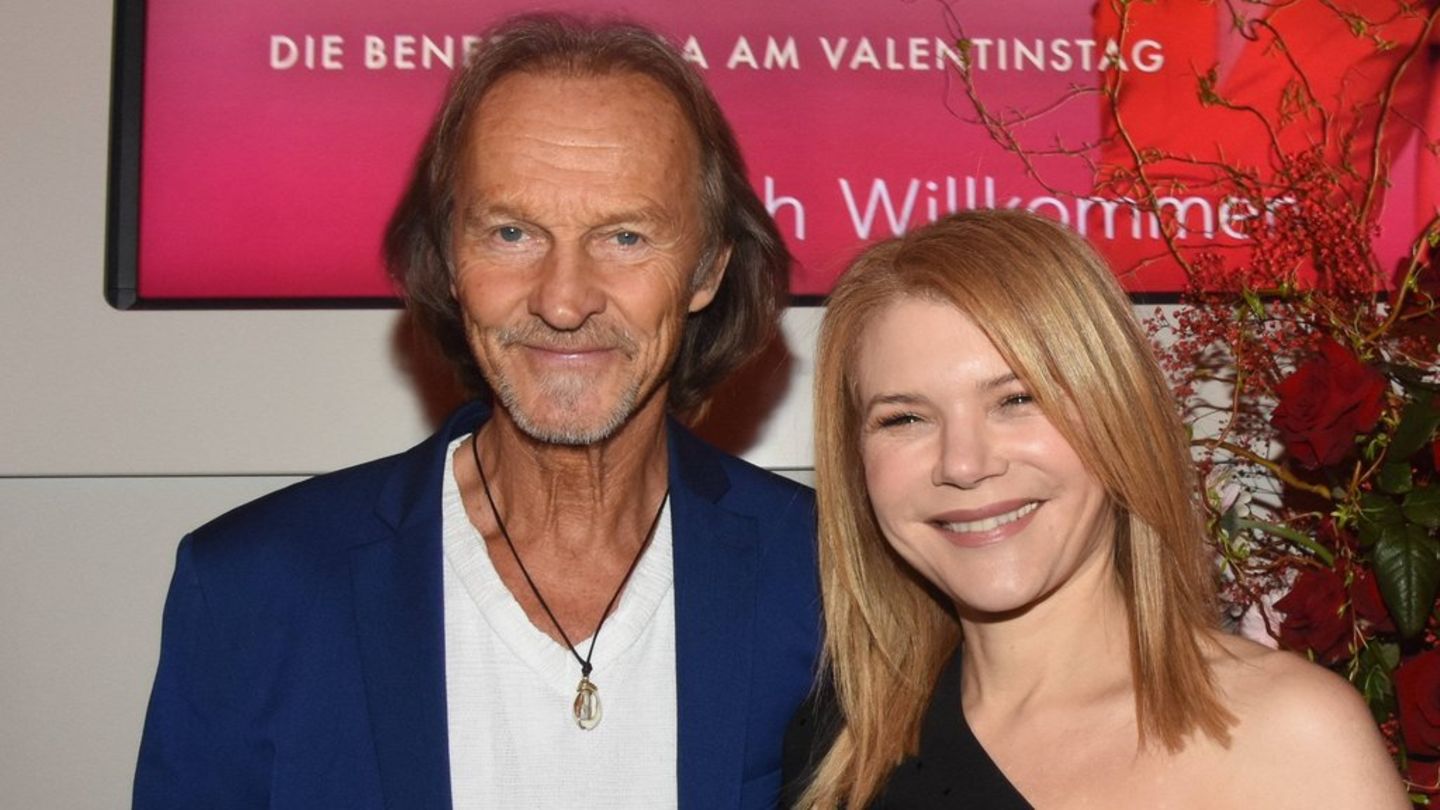press reviews
After hesitation, Switzerland has joined the EU sanctions against Russia. The pressure had become too great. There is relief in the press reviews – with an aftertaste.
20,000 people took to the streets in Bern on Saturday. They demonstrated for peace in Ukraine. Some also expressed their displeasure with the Swiss government. The Federal Council initially refrained from imposing sanctions, just wanting to ensure that those imposed by the EU on Switzerland would not be circumvented. Reference was made to Switzerland’s neutrality. One has to hold back in order to be able to mediate at some point, so the argument goes. There were also concerns about simply taking over an EU project. “Switzerland refuses to support the sanctions against Russia. That is scandalous and, above all, stupid,” commented Matthias Daum, office manager in the Swiss section of “Zeit”, commenting on the Federal Council’s position.
With every day that the war in Ukraine progressed, criticism from the population, the media and politicians grew louder. All parties except for the right-wing conservative SVP ultimately spoke out in favor of sanctions. Abroad, too, Switzerland’s position was increasingly met with incomprehension. The pressure on the government increased. And in the end it got so big that the Federal Council changed its mind.
“Playing into the hands of an aggressor is not neutral,” said Federal President Ignazio Cassis at a press conference in Bern on Monday. Dialogue can only begin when the spiral of violence has broken and a real will for peace talks has given way. Switzerland has now adopted the EU sanctions against Russia. In addition, the country imposed entry bans on people close to Russian President Vladimir Putin. The government didn’t name names, but things are likely to get uncomfortable for some oligarchs who have previously valued the beautiful country with its low taxes. Economically, too, Switzerland has close ties to the Russian economy. 80 percent of Russia’s commodity trading is carried out in Switzerland. The operator of the controversial Nord Stream 2 pipeline is based in the canton of Zug. All employees have since been fired.
A turning point in Switzerland
At the press conference on Monday, there was talk of a “turning point”. A word that is also often used in political discussions in Germany and the EU these days. A look at the Swiss media landscape shows that the government’s decision has been received mostly positively and with a certain relief. However, with an aftertaste.
“With its previous course, Switzerland would have been isolated in the west within a very short time,”comments the “NZZ”. In the last few months, Switzerland has rightly tried to act as a bridge builder. Bernese diplomacy should continue to offer its good offices to both parties if there is a request. However, there is currently no realistic mediator role in sight for Switzerland. “Neutrality is not to be equated with cowardice. It is not an end in itself, but an instrument to steer Switzerland through world history with as little damage as possible. Anyone who exaggerates neutrality and makes it absolute damages it the most.”
In this context, the “NZZ”, like other media, points out the difference between neutrality law and neutrality policy. Switzerland’s law of neutrality sets clear limits: the country itself does not deliver weapons to war zones and does not intervene militarily. Switzerland’s modern concept of neutrality is over 200 years old and goes back to the Congress of Vienna. When the victorious powers granted Switzerland permanent neutrality in 1815, the deal was: Switzerland would not take part in conflicts and would not provide mercenaries, in return no more wars would be fought on its territory. The policy of neutrality, on the other hand, requires interpretation and is open to interpretation.
Switzerland is also successful as an arms exporter: in 2020, the country exported war material worth the equivalent of around 880 million euros. The two largest buyers of arms in this record year were Denmark and Germany.
The “New York Times” also reports on Switzerland
The regional newspaper “St. Galler Tagblatt” writes of a “historic turning point” in the policy of neutrality. “The Russian attack on Ukraine is brutal. To take a neutral stance in such a situation – and thus allow business to continue with Moscow – would have been tantamount to de facto supporting Putin. We cannot and do not want to afford that,” one said Comment. Switzerland got the curve under massive pressure and decided on a historical reinterpretation of its neutrality.
The online portal argues in a similar way “watson”: It would be “fatal” for Switzerland’s credibility if, from the perspective of Ukraine and Western countries, it exposed itself to suspicion of being a “collaborator” with Moscow, for whom business was more important than morality.
The turning point in Swiss politics was also that “New York Times” worth a headline: “Switzerland says it will freeze Russian assets, setting aside a tradition of neutrality”.
Criticism of the Federal Council’s hesitation
A comment in “Daily Gazette” bears the title: “A right decision – but a bad sign”. The decision leaves a “stale aftertaste”. The Federal Council is accused of a lack of focus, a misjudgment and hesitant action. The “NZZ” also writes with a view to the government: “After this crisis, it is necessary to examine whether the insufficient preparation was accidental or due to structural deficiencies.”
In a Analysis of the public service SRF sounds skeptical about the decision. “Why, given this starting position, you didn’t rely on a dual strategy – with tough international sanctions and simultaneous negotiation efforts by neutral Switzerland, which has special access to the Kremlin due to its protecting power mandate for Russia in Georgia – can only be answered by the control centers in Washington and Brussels.”
The international community is putting everything on one card. “Switzerland can no longer stand on the sidelines without coming under massive pressure on its part. Now the world public can only hope that this will turn out well.”
Swell:, , , ,, , , , with material from the dpa
Source: Stern
David William is a talented author who has made a name for himself in the world of writing. He is a professional author who writes on a wide range of topics, from general interest to opinion news. David is currently working as a writer at 24 hours worlds where he brings his unique perspective and in-depth research to his articles, making them both informative and engaging.




